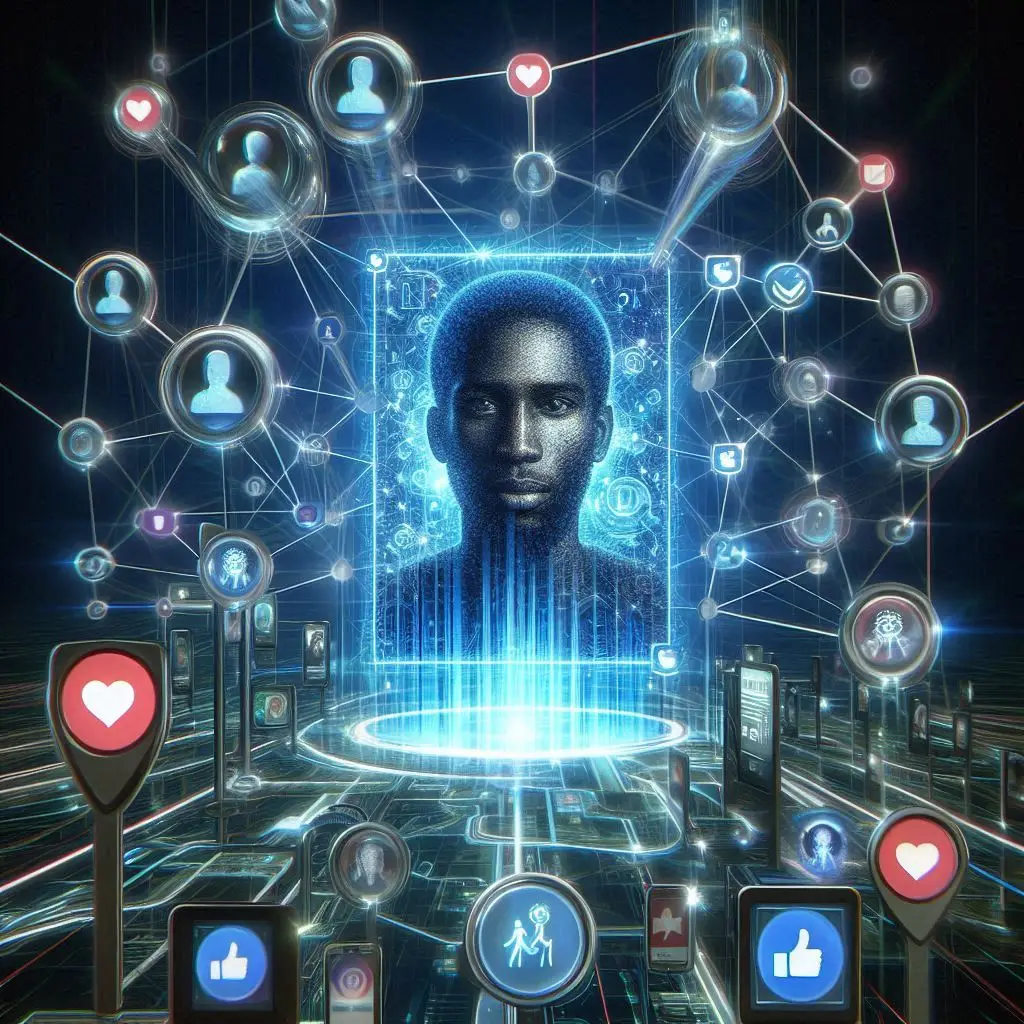Imagine searching your name online and discovering that a widely used artificial intelligence (AI) tool has accused you of a crime you never committed. This is exactly what happened to Arve Hjalmar Holmen, a man who found out that ChatGPT falsely claimed he was a convicted murderer serving a 21-year sentence. This shocking incident raises serious concerns about AI-generated misinformation and its potential legal consequences, even in Cameroon.
What is ChatGPT?
ChatGPT is an AI chatbot developed by OpenAI. It can answer questions, generate text, and even hold conversations. However, like any technology, it has flaws. One of its biggest problems is what experts call “hallucinations”—cases where the AI makes up false information and presents it as fact.
What Happened in Holmen’s Case?
Holmen, curious about what ChatGPT “knew” about him, asked the AI to generate a biography. While some of the details were accurate,such as his hometown and number of children, the chatbot falsely claimed he was a murderer. The fear? Someone could read this and assume it to be true, damaging his reputation and leading to real-world consequences.
Austrian privacy advocacy group “None Of Your Business” has since filed a complaint against OpenAI, arguing that the company violated Europe’s General Data Protection Regulation (GDPR) by allowing ChatGPT to produce false and defamatory content. OpenAI responded by stating that its newer AI versions, now connected to online sources, have improved accuracy.
Why Should Cameroonians Care?
AI tools like ChatGPT are becoming more popular worldwide, and sooner or later, they will shape how information is spread in Cameroon. With mobile banking, digital governance, and tech-driven businesses on the rise, misinformation from AI could become a major legal and ethical issue. If AI falsely accuses someone of a crime or spreads misleading information, what legal protections exist in Cameroon?
Cameroon does not yet have specific AI regulations like the GDPR in Europe. However, existing laws on defamation, cybercrime, and data protection could apply. Under Cameroonian law:
- Defamation (spreading false information that damages someone’s reputation) is a punishable offense under the Penal Code.
- Cybercrime laws cover online misinformation and hacking.
- Data protection regulations may eventually offer citizens rights similar to GDPR.
Could This Happen in Cameroon?
Yes. As more businesses, government agencies, and individuals begin using AI-powered tools, the risk of misinformation grows. Imagine a scenario where ChatGPT falsely accuses a lawyer, judge, or politician of corruption. Without strict regulations and AI literacy, such incidents could harm reputations, careers, and even legal proceedings.
What Can Be Done?
- Legal Reforms: Cameroon should develop clear AI policies, similar to Europe’s GDPR, to ensure AI-generated misinformation does not go unchecked.
- Public Awareness: Many Cameroonians do not yet understand how AI works. Tech education should include AI literacy to help users verify information.
- Fact-Checking & Accountability: AI developers operating in Cameroon should be held accountable for misinformation their tools generate.
Conclusion.
Holmen’s case is a warning: AI can be powerful but also dangerous when left unregulated. Cameroon must prepare now to handle AI-related legal and ethical challenges. Whether you’re a legal professional, business owner, or everyday citizen, staying informed about AI risks is crucial.
Do you think AI regulations should be introduced in Cameroon? Please share your thoughts with me.



